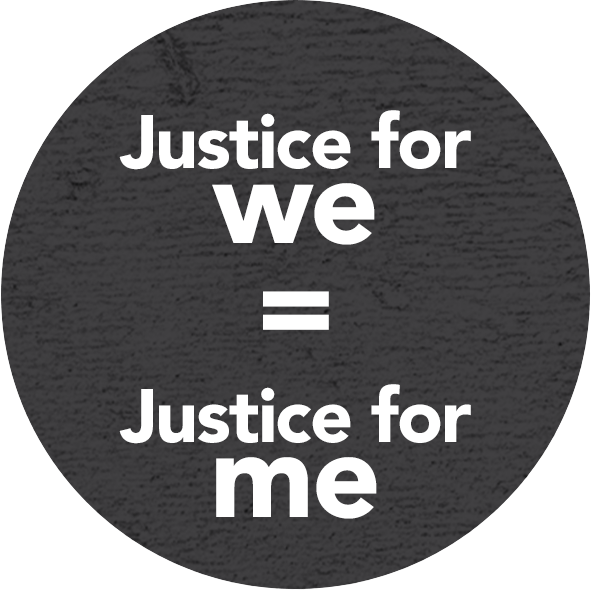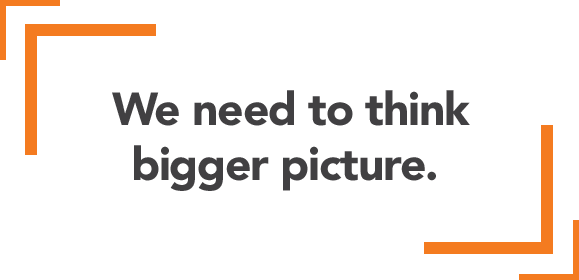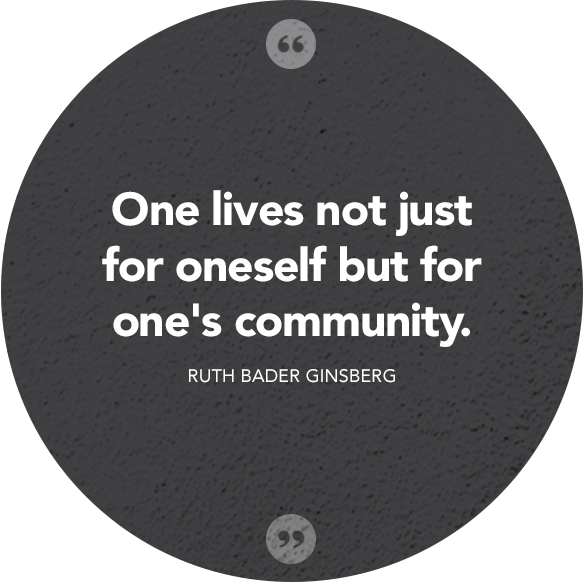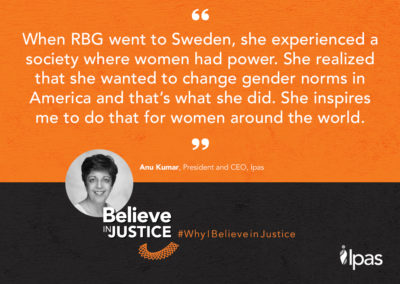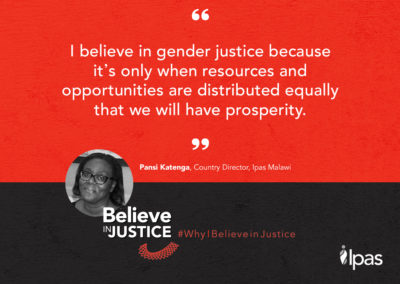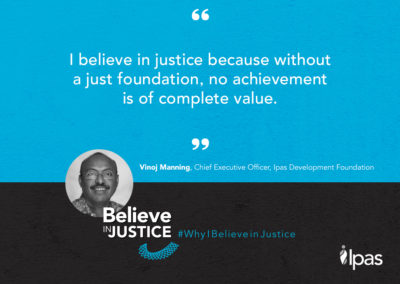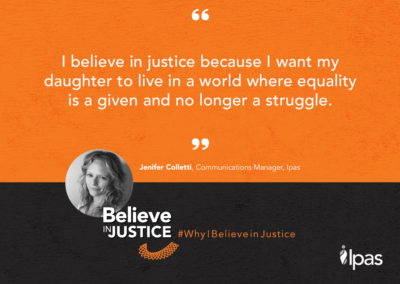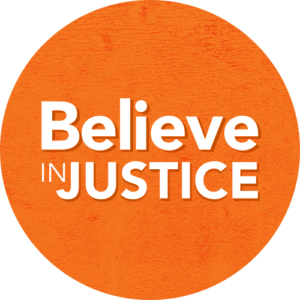
We’re inspired by how Ruth Bader Ginsburg made the world a fairer and more equitable place than she found it. She never stopped believing in justice, and neither will we.
At Ipas, our vision is of a world where everyone can determine their own future. As RBG well knew, reproductive rights—including abortion rights—are human rights. We know too that reproductive justice, racial justice, climate justice, and economic justice are intertwined and indivisible.
Like RBG before us, we believe that the way forward is to persist and build our collective power—learning from the people who have inspired us most—to make real and enduring change.
GIVE
Our committed teams around the world are fighting for justice every day. You can support Ipas’s work to ensure that reproductive rights are human rights—for all people, no matter where they live. Please donate today.
Fight for the things you care about, but do it in a way that will lead others to join you.
Ruth Bader Ginsburg
LEARN MORE
Reproductive rights are human rights, and true justice for all can never be about just one issue.
JOIN US
Why do you believe in justice? Did RBG or someone else inspire you?
How do you fight for justice in your own life?
Share this image on social media along with your answers!
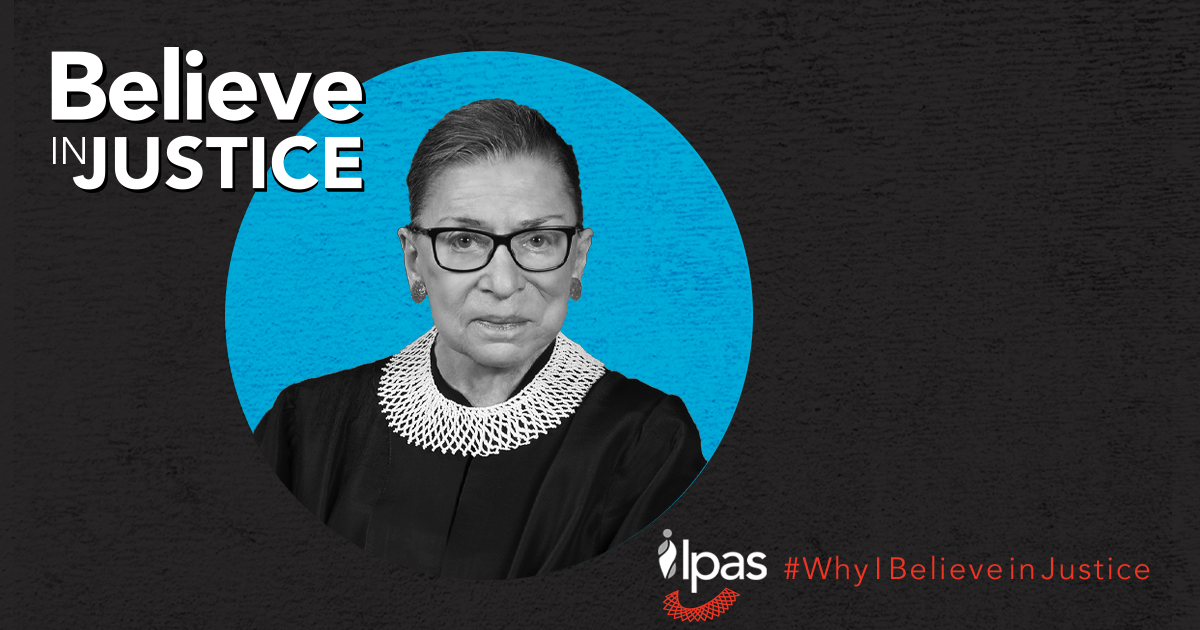
Join our diverse community of people who believe in justice.
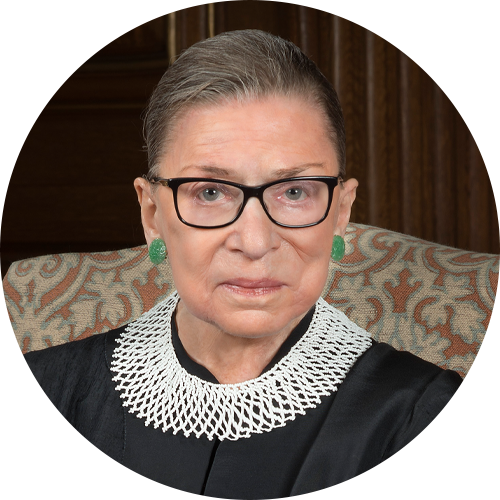
One lives not just for oneself but for one’s community.
Ruth Bader Ginsburg


